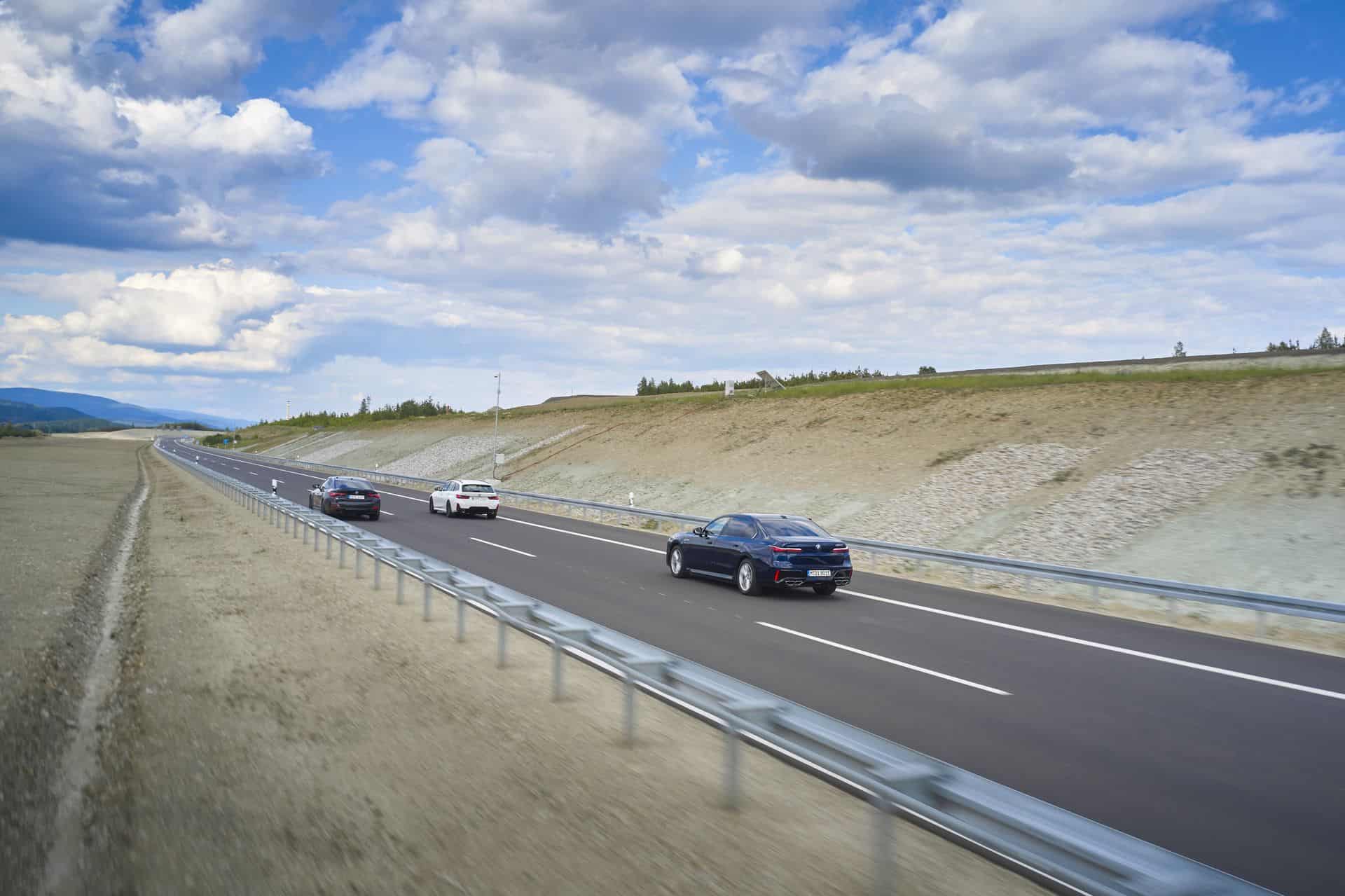BMW is still staunchly committed to achieving EV sales measuring 50 percent of its total vehicles sold by 2030. Most recently, the brand has decided to badger current drivers with a constant reminder of how well an EV might fit into their life. The brand seems to have other ideas in mind for how it plans to meet its goal. In an interview with German newspaper Münchner Merkur, Milan Nedeljkovic, BMW Production Director, intimated some interesting ideas that involve an infrastructure-first look at prioritizing an electric future.
EV-Only Lanes Would Encourage EV Adoption

As Merkur turns the conversation towards driving EV profitability, the topic of government incentives comes up. “That wouldn’t make sense in the long run,” he starts. “There are other ways to make electric cars more attractive.” Nedeljkovic thinks that dedicated lanes and privileged access to parking and city centers would bolster EV sales. “If you were stuck in a traffic jam and constantly overtaken by electric cars, many people would certainly consider whether to switch after all.”
Of course, a version of what Nedeljkovic describes already exists in the world. For example, HOV lane access in California and other states or the Congestion Charge in London. Neither of which – for now – apply to EVs). Notably, both initiatives mentioned above are scheduled to ramp down within the next two years. Whether or not that date gets pushed back – as many of these sweeping green initiatives tend to be – remains to be seen.
That said, it’s possible that Milan’s point was to change these rules to allow only electrified vehicles, rather than simply giving them perks. That’s a tough call, because – at least in the US – that would slow down traffic. And not just anywhere, but in some of the highest-congested areas like the LA and NY metro areas. Sources in Germany seem to indicate that the idea would be similarly clumsy to implement overseas. With so many two-lane roads – and the famous Autobahns – there are limited choices for clean and easy integration.
Of course, the crux of the issue is that people need to be convinced to buy EVs. Not to mention that for some people, purchasing an EV simply isn’t a realistic option – yet. With so many other infrastructure components to address first – notably, charging stations in rural areas and futureproofing the electrical grid – one has to wonder if an electric-only lane is the most pragmatic solution.




















































